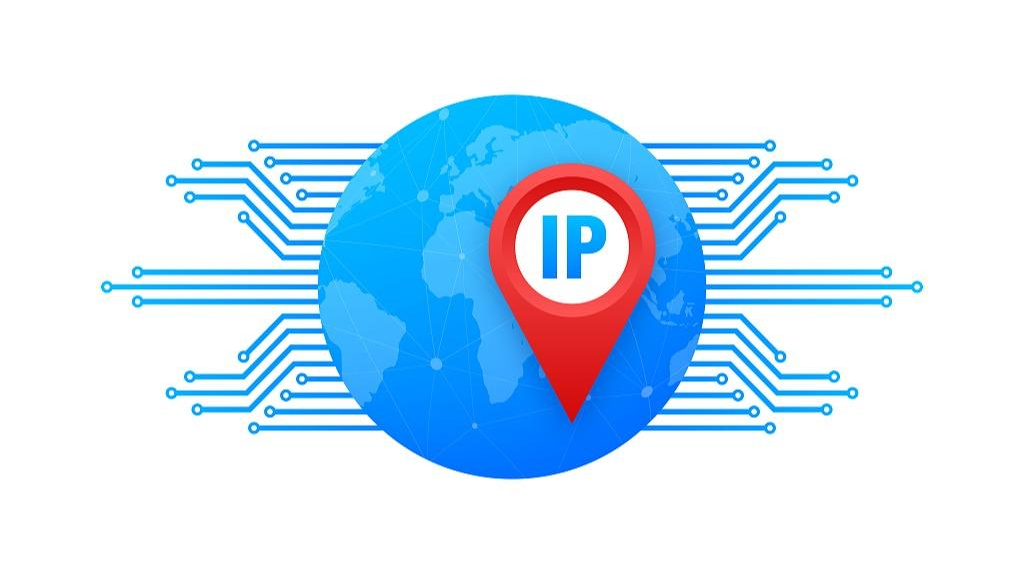n application scenarios such as data capture, web crawlers, and anonymous access, proxy IP pools play an important role. However, many users may encounter such a problem: even if the same proxy IP pool is used, the use effect is very different at different times and in different network environments. This article will explore the reasons behind this phenomenon in depth, and analyze it from multiple angles such as the quality of the proxy IP pool, the network environment, the protection strategy of the target website, and the user's usage method.

1. The quality and stability of the proxy IP pool
1.1 Diversity of IP resources
The IP resources in the proxy IP pool come from a wide range of sources, which may include different types such as data center IP, residential IP, and mobile IP. Different types of IP may be treated differently when accessing specific websites or services. For example, some websites may restrict data center IPs, but are relatively loose for residential IPs. Therefore, even with the same proxy IP pool, the use effect will be different due to differences in IP types.
1.2 Validity and stability of IP
The IPs in the proxy IP pool are not permanently valid, and they may become invalid due to various reasons (such as IP being blocked, network failure, IP being recycled, etc.). At the same time, the stability of IP also directly affects its use effect. If the IP is frequently changed or unstable, users may encounter problems such as connection interruption and request timeout when accessing the target website, which will affect the user experience.
2. Influence of network environment
2.1 Network delay and bandwidth
The network environment is one of the important factors that affect the use effect of proxy IP. High network delay and insufficient bandwidth will slow down the data transmission speed, thus affecting the use efficiency of proxy IP. Especially when large-scale data crawling or transmission is carried out, the quality of the network environment will directly affect the completion time and success rate of the task.
2.2 Geographic location and ISP restrictions
Proxy IPs in different geographical locations may be restricted by geographical location or ISP (Internet service provider) when accessing specific websites or services. For example, some websites may only allow users in a specific country or region to access, or restrict IPs of a specific ISP. Therefore, even if the same proxy IP pool is used, the effect will be different due to differences in geographical location or ISP.
3. Protection mechanism of target website
3.1 Anti-crawler strategy
Many websites have adopted anti-crawler strategies to prevent malicious users from illegally accessing or crawling data through proxy IPs. These anti-crawler strategies may include verification code verification, IP banning, request frequency restrictions, etc. If the IPs in the proxy IP pool are frequently blocked or identified as crawlers by the target website, the effect of its use will naturally be greatly reduced.
3.2 Dynamic content and personalized recommendations
Some websites provide personalized content recommendations to users based on the user's IP address, geographic location, browser information and other data. If the IPs in the proxy IP pool are too concentrated or lack diversity, users may get similar recommendation results when visiting these websites, which will affect the user experience and data crawling effect.
4. User usage
4.1 Request frequency and concurrency
When users use the proxy IP pool, if the request frequency is too high or the concurrency is too large, the target website may restrict or block the proxy IP. Therefore, users need to reasonably control the request frequency and concurrency to avoid excessive pressure on the proxy IP.
4.2 Request header and behavior simulation
When using the proxy IP for network access, users need to simulate the request header and behavior pattern of real users. If the request header is too simple or the behavior pattern is too single, the target website may identify the user's proxy identity and restrict or block it. Therefore, users need to simulate the request headers and behavior patterns of real users as much as possible to improve the use effect of proxy IP.
Conclusion
In summary, the use effect of the same proxy IP pool varies at different times and in different network environments, mainly due to the combined effect of multiple factors such as the quality and stability of the proxy IP pool, the network environment, the protection mechanism of the target website, and the user's use method. In order to improve the use effect of proxy IP, users need to comprehensively consider these factors and take corresponding measures to optimize and adjust.
Related Recommendations
- Buy overseas IP in limited regions to unlock global vision!
- Are Google advertising accounts always blocked? Maybe there is a problem with the IP purity of the overseas IP agent you use
- Efficient batch registration of Outlook mailboxes: Proxy IP application strategy
- Why is transparency restricted? Can anonymity hide IP?
- What is a live dedicated line? Why does TikTok live broadcast need to use cross-border special lines?
- What is the difference between IPv4 and IPv6?
- Why choose residential IP agents to crawl Web data?
- What industries need to use proxy IP
- Does Google need overseas HTTP proxies for promotion?
- The key role of residential agent IP in questionnaire surveys

